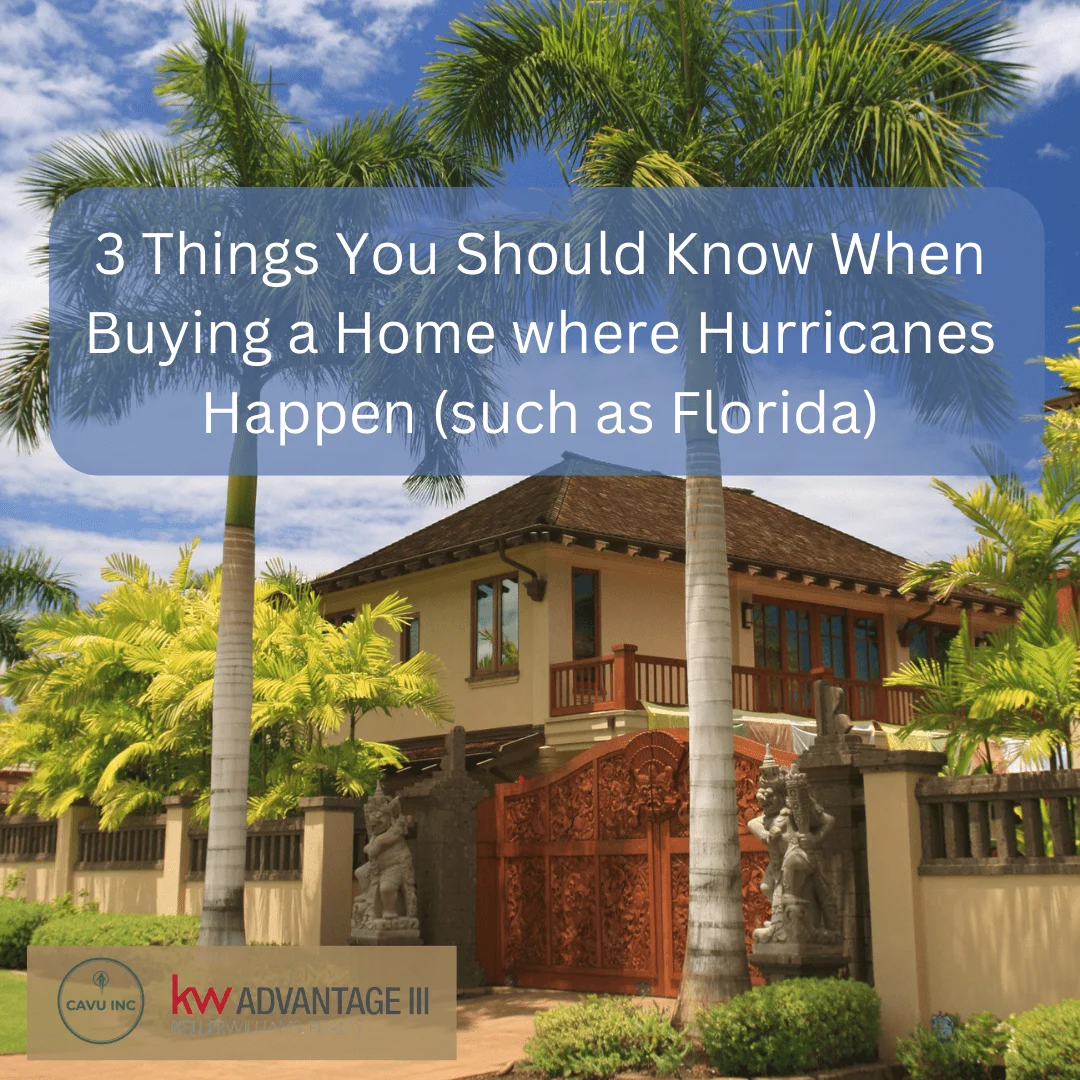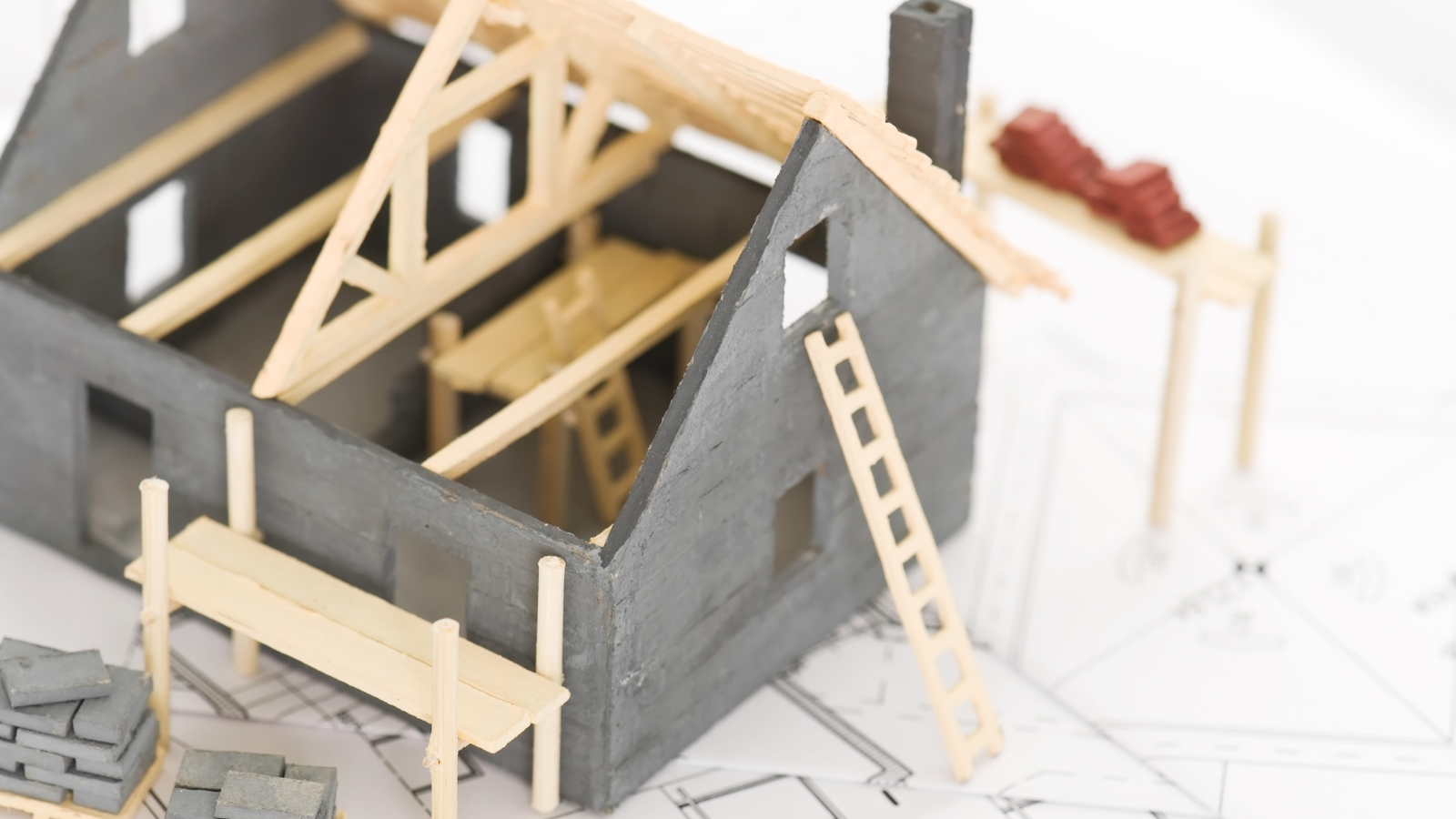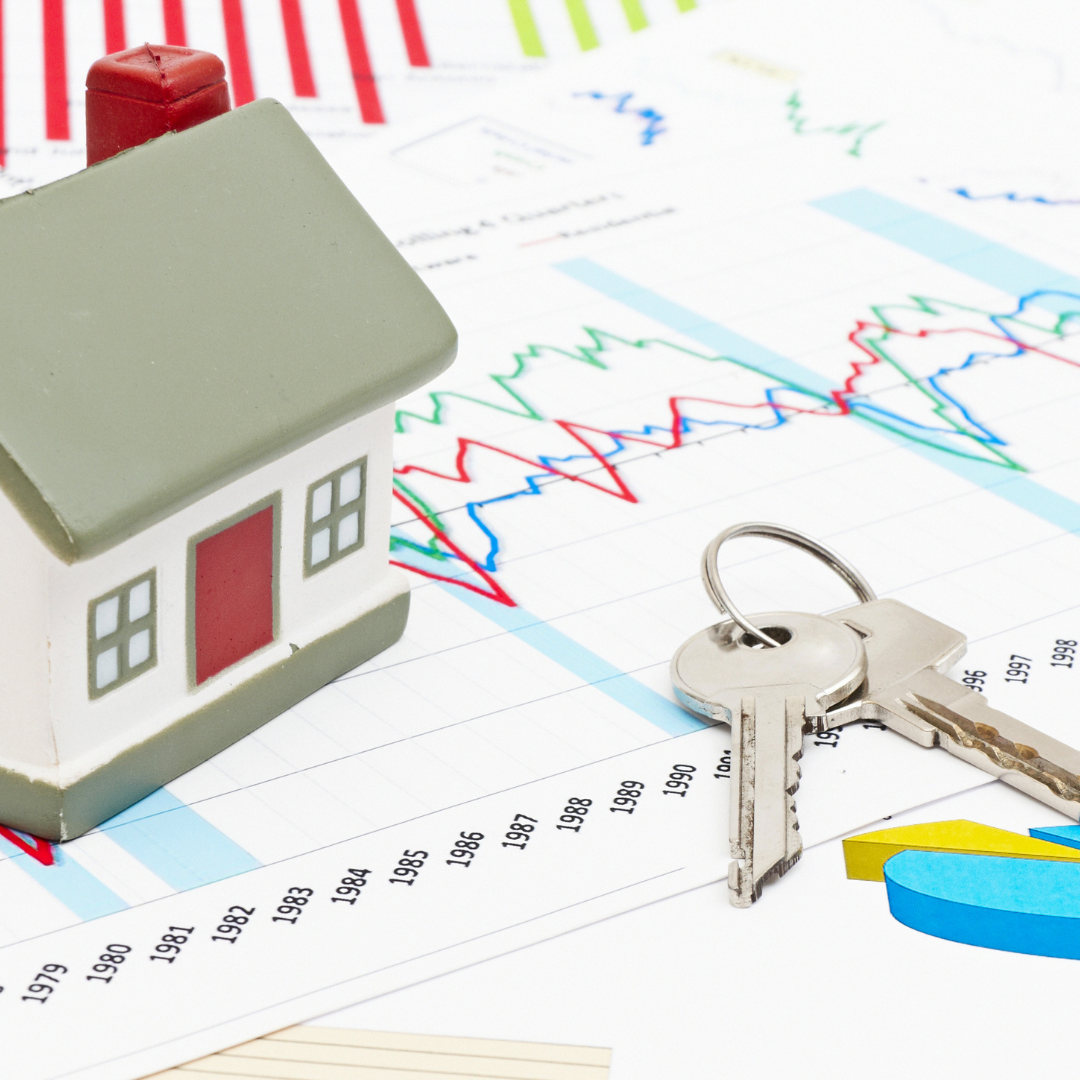Today is the first Monday after Hurricane Ian devastated Central Florida. For millions of families, the road to recovery begins today. Many people went back to work today and business and schools (that are able to) are starting to re-open. The clean-up crew arrived in my neighborhood this morning to start picking up broken tree branches and repair fallen fences and I was behind a caravan of Emergency Response Team vehicles on my way into the office today. One thing is for sure, Florida is strong and will bounce back quickly and better than ever.
If you were considering buying a home in Florida, don’t let the storm deter you away from enjoying the beautiful beaches, weather and attractions full-time. There are many steps you can take to stay safe during these storms (on the rare occasion they happen). Additionally, there are steps you can take to help you purchase a home that will hold strong as well.
Here are 3 Things You Should Know When Buying a Home where Hurricanes Happen (such as Florida)
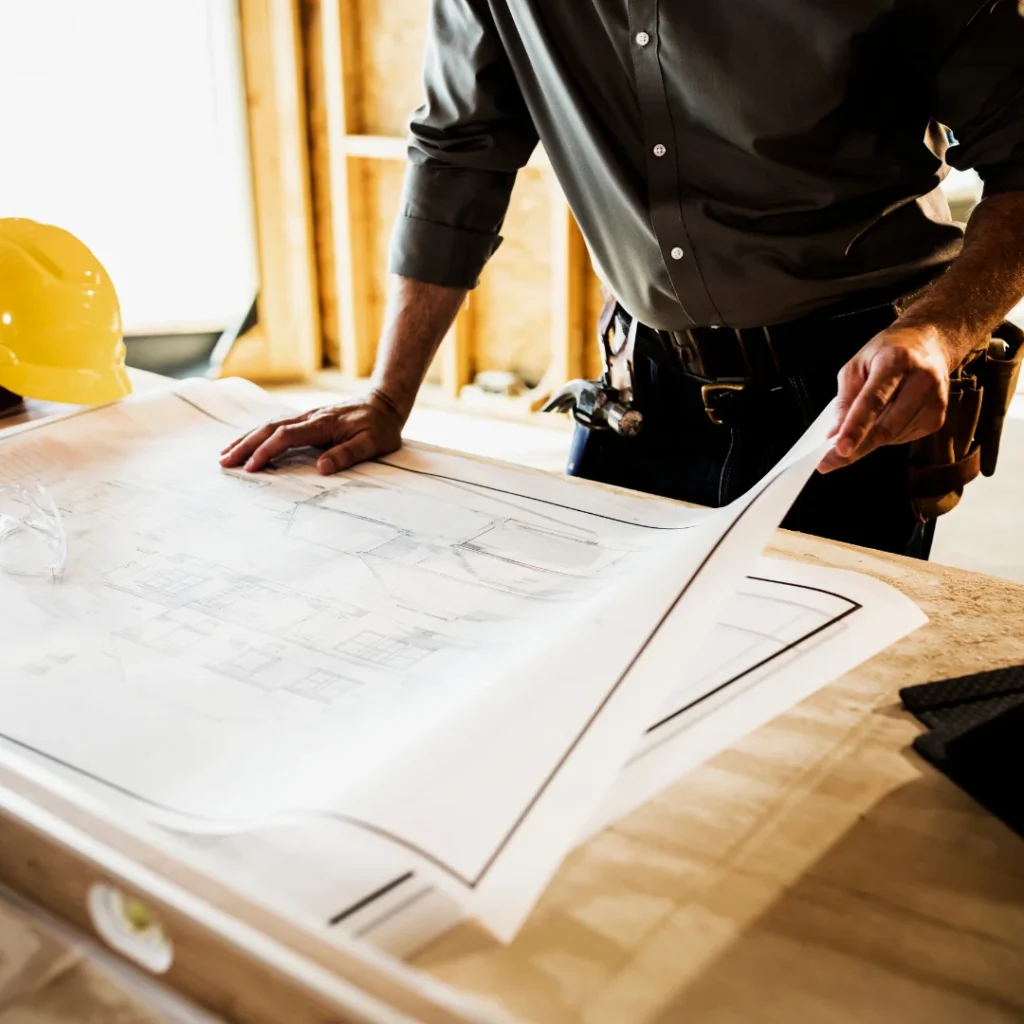
1. The year the home was built
Homes built after 2002 fall under the updated, statewide building code and enforcement standards. Initial data already coming in post-Hurricane Ian show that homes built (to code) after 2002 are still standing and are structurally intact.
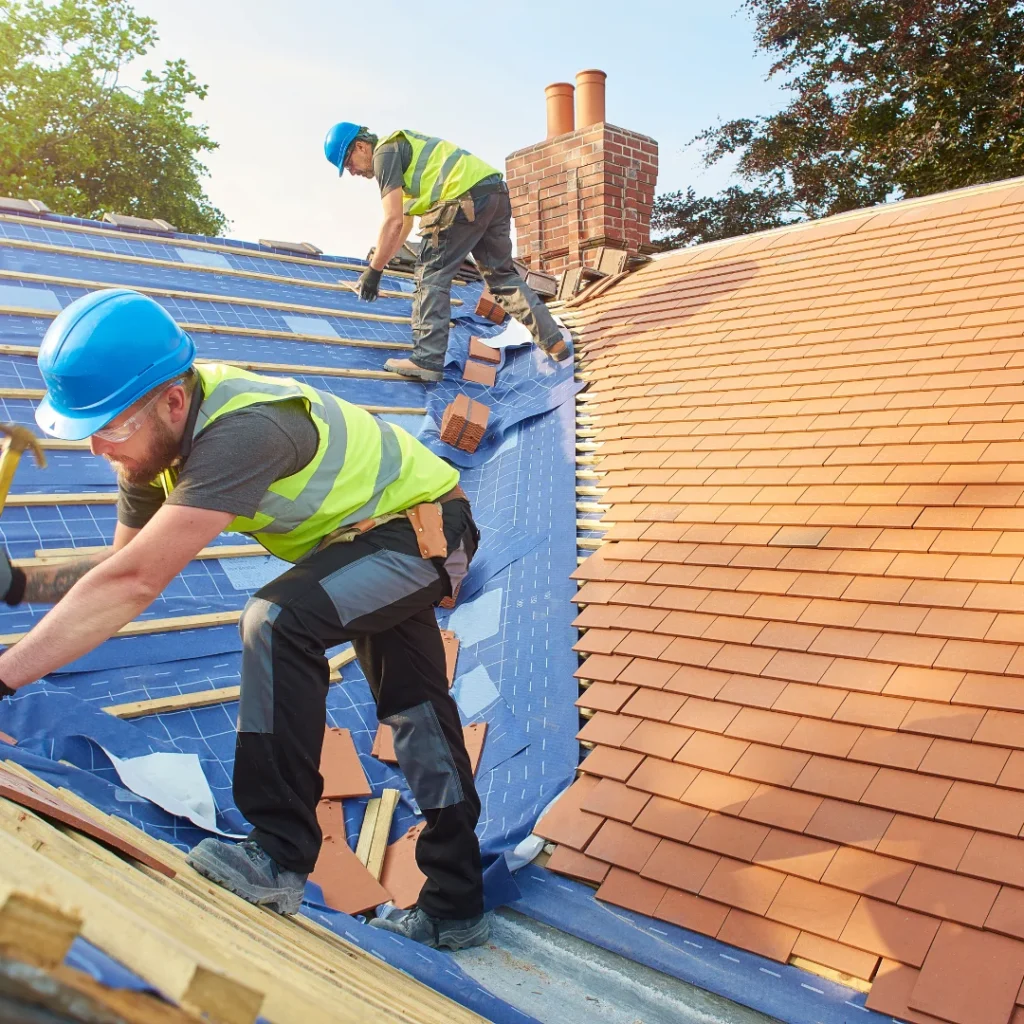
2. What is the age of the roof?
The typical life span of a shingle roof is 15-20 years; for a tile/concrete roof it’s about 40-50 years. While these are estimates and do not take into consideration if the roof has been exposed to previous storms, it’s important to keep in mind that the older the roof is, the more likely it is to expose the home to severe weather.
If your home inspection identifies issues with the roof or the age of the roof, the cost or repairing and/or replacing it should be taken into consideration.
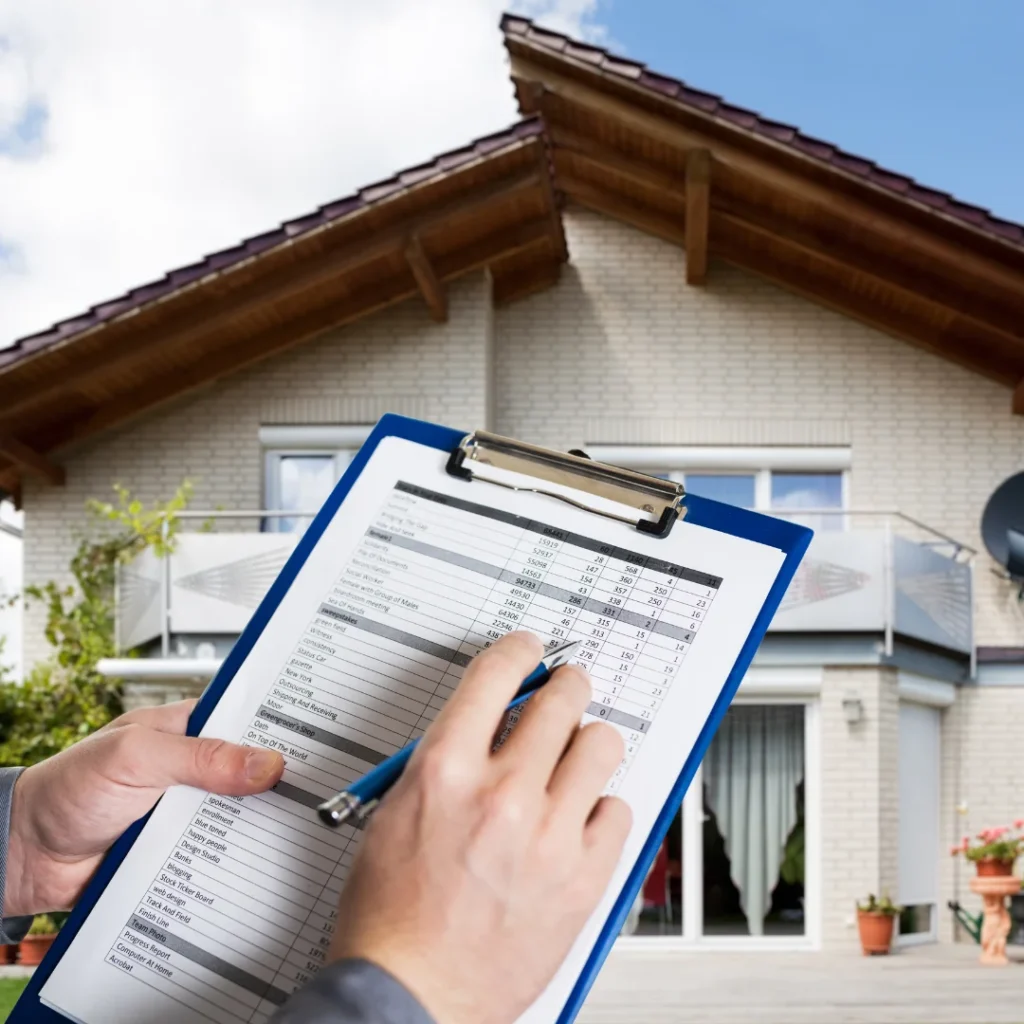
3. Get a Home Inspection
If you’re financing the purchase of your home then a home inspection is likely going to be required by the lender, though not always. However, if you’re purchasing the home with cash, an inspection is not typically required. Regardless, get a home inspection.
The Home Inspector will check the home in its entirety from the plugs in the wall to the roof. They’ll look for signs of water intrusion, water damage, mold, leaks, air conditioning & electrical problems, structural issues and a lot more.
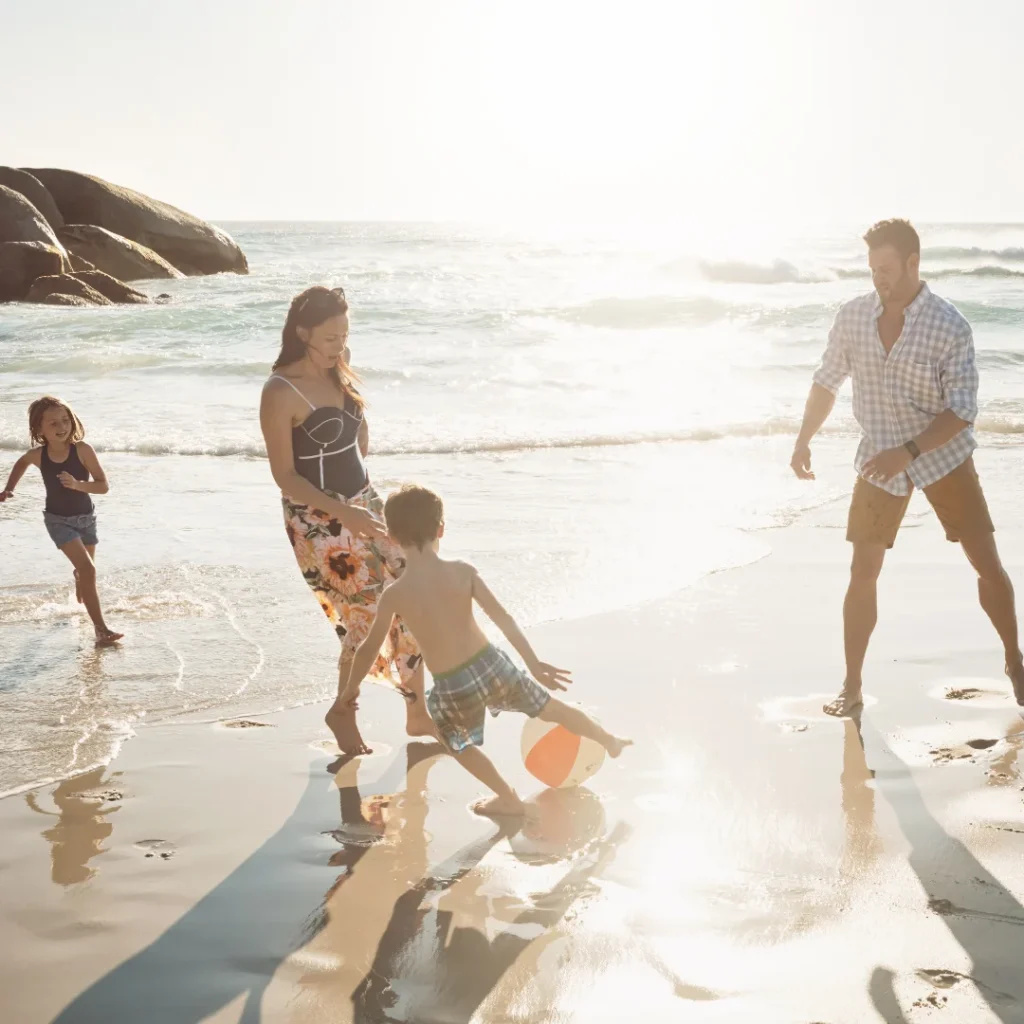
Come enjoy some fun in the sun!
Florida living provides a lot of great perks such as lots of sunshine, mild winters, beautiful beaches, water sports, theme parks & attractions and…no state income tax.
If you need help or have any questions about buying a home in Florida, call our sponsor, Cavu at Keller Williams Advantage III at (407) 680-4914. You can also search for homes on their website here.


